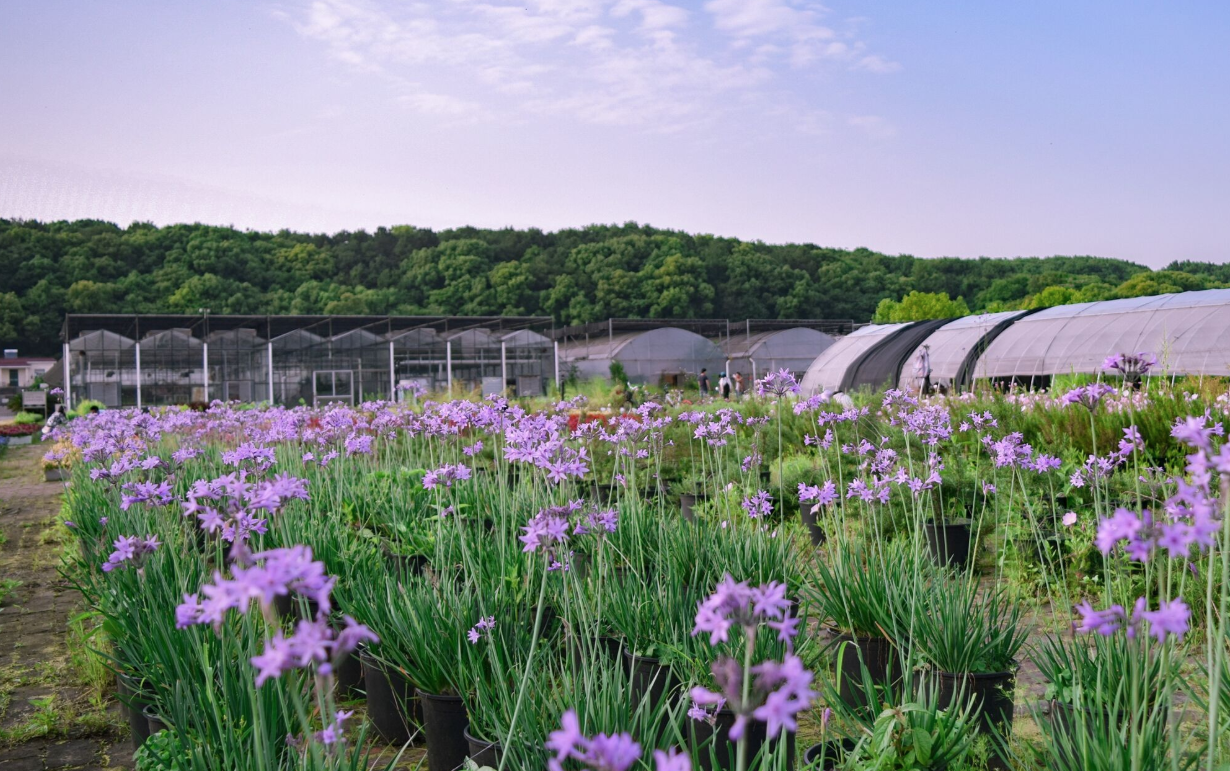The global landscape is changing in disquieting ways. Slowed economic growth and growing political uncertainty, including the rise of anti-globalization and protectionist sentiments in many developed countries, pose risks to foreign aid for development assistance. Strong and consistent political and financial commitments are crucial to achieve the Sustainable Development Goals (SDGs), including the goals of ending hunger and malnutrition. In order to sustain themselves financially and continue to influence important public policy debates, IFPRI and other international agricultural research organizations need to foster new partnerships and diversify funding opportunities.
China, in the meantime, is emerging as a world power and is keen to remain a strong player in international development assistance, presenting new opportunities for meeting the SDGs. Over the past decade, China has established multilateral development banks, including the New Development Bank (with other BRICS states) and the Asian Infrastructure Investment Bank, along with the China International Development Cooperation Agency (CIDCA). Meanwhile, China has also rolled out the One Belt One Road initiative to support infrastructure development and investments in Europe, Asia, and Africa, provided financial commitments to enhance South-South cooperation for sustainable development, and built strong ties with African countries through the Forum on China-Africa Cooperation (FOCAC).
China has a different vision for international development than other donor countries. Once a big recipient of foreign aid, China does not view development assistance paternalistically. It pursues ways to boost collaboration, share experience and outcomes, and promote the building of “a community of common development with a shared future for mankind,” in the words of President Xi Jinping. Rather than providing unrestricted foreign aid, China focuses on promoting trade, investment, knowledge transfer, capacity building, and community-led development strategies to lift people out of poverty. This new Chinese approach is welcomed in many countries in the global south.
The rise of China and its perspective on sustainable development present new opportunities for IFPRI to engage with the Chinese policymakers and academia and to expand the institute’s policy and research impact in China and elsewhere in the world.
China’s spectacular economic success started with modernizing agriculture. As the largest of the developing economies, China is keen to share its agricultural experience to help solve Africa’s development challenges. To jump-start the process of economic development in Africa, IFPRI is working with the Chinese government and African Union to develop the China-Africa Agricultural Modernization Cooperation Strategy and Action Plan, a follow-up action from the 2018 Beijing Summit of the FOCAC. To support the development of this action plan, in 2018 IFPRI launched the China-Africa Agricultural Modernization Cooperation report, in collaboration with the Bill & Melinda Gates Foundation and other partners.
China is also expanding its R&D funding, creating opportunities for domestic scholars and students to work with experts from all over the world. IFPRI shares its interdisciplinary knowledge and deep expertise in agricultural economics and food policy research with academic networks in China— contributing to science capacity development, filling knowledge gaps, and building bridges between social sciences, policy-oriented research, and other fields of study.
In 2018, IFPRI and Huazhong Agricultural University (HZAU) established a joint research center, the Macro Agriculture Research Institute (MARI), in Wuhan, the largest city and transportation hub of Central China. MARI integrates the complementary capabilities of HZAU and IFPRI, providing a platform for researchers with diverse academic backgrounds from both institutes to work together to address the challenges of complex agri-food systems in China and abroad. MARI strives to provide scientific, data-driven evidence to support decision making at all levels from smallholders to policy makers, for climate-resilient and sustainable food systems. Its research activities focus on four areas: Smart agriculture, social-ecological resilient and sustainable agriculture, land use and land cover changes, and agricultural production and ecosystem services.
MARI aims to unleash the potential of technologies such as smartphones, unmanned aerial vehicles, big data, and artificial intelligence in agri-food research. For instance, IFPRI and HZAU researchers are working together to develop tools and databases that use remote sensing technology and satellite images to support agricultural production decisions. These efforts will mainly focus on the Yangtze Plain—an important agricultural area with China’s most abundant water resourses. The databases will help uncover the magnitude, trend, and spatial patterns of land use and land cover change at various scales, helping policy makers understand their impact on food security and sustainability.
Meanwhile, MARI is creating an academic network for IFPRI researchers to collaborate more actively with researchers and students from China and many other regions. IFPRI and HZAU plan to co-organize conferences and workshops on topics relevant to rural and agricultural development. MARI also has an exchange program in which IFPRI researchers can visit HZAU for collaborative research and vice versa. In addition to attracting talented scholars and students from China, MARI also hosts international scientists and students from Africa, South Asia, and Southeast Asia interested in agricultural research. Through research project collaborations, conferences, training, and supervision of graduate students, IFPRI researchers can build the capacity of future agricultural researchers and economists from China and other countries in the global south.
Xinyuan Shang is an IFPRI Senior Communications Specialist; Liangzhi You is a Senior Research Fellow in IFPRI’s Environment Production and Technology Division (EPTD) and Joint Dean of the Macro Agriculture Research Institute (MARI).







